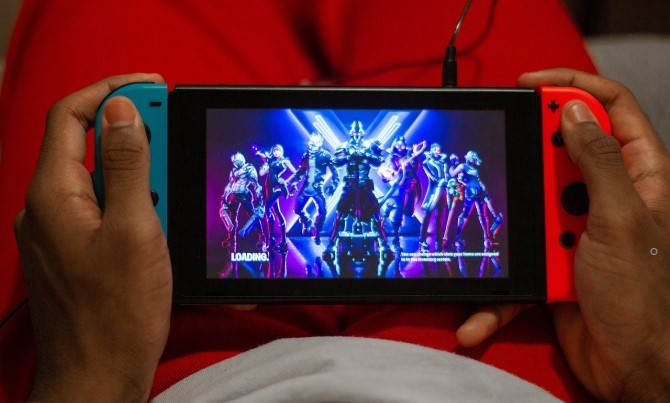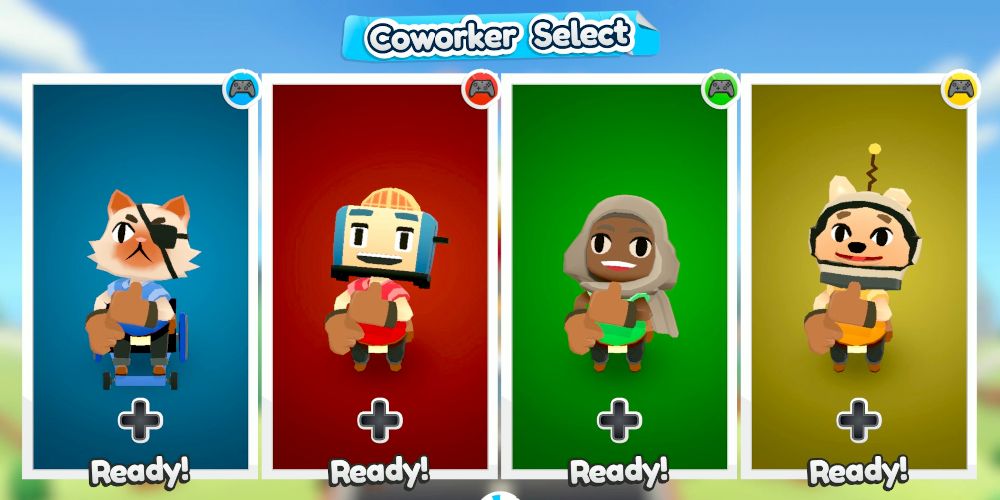It seems like video game publishers don't think people game with each other anymore. Not everyone likes to game in separate houses, miles away from each other.
There's just something nice about playing a split-screen game with someone in the same room. Before consoles had any connectivity to the internet, games gave you the option of letting your friends join in by simply plugging in some extra controllers.
But now, it's hard to find couch co-op games worth playing. Why is this? What happened to couch co-op games? Are they gone for good? Let's take a deeper look.
Why Are Couch Co-Ops Disappearing?

Couch co-op games have been on a sad decline in recent years.
Remember when almost every game had a local two-player option? You could join in on a friend's adventure in Secrets of Mana, Pocky & Rocky, Streets of Rage, and much more.
As time passed, you could still play Halo side-by-side with one of your friends, and fight against one another in Super Smash Bros.
These days, aside from a few select fighting games, the current state of couch co-op games is looking bleak. It's rare for modern AAA developers to even think about couch co-op modes.
There are occasional exceptions, like entries in the Diablo and Borderlands franchises. But these are just two examples out of a massive sea of AAA games without couch co-op modes.
Most of the couch co-op games we see today, either on gaming consoles or PC, are usually by indie game developers. And while there's nothing wrong with indie couch co-op games, they often lack the polish or scale that we expect in AAA games.
Why did the big names in gaming give up on couch co-op? The following reasons might have something to do with it.
1. Couch Co-Op Games Take Too Much Effort and Money to Make

Every problem with AAA gaming and modern gaming trends can usually be traced back to money.
A split-screen view makes the console work twice as hard to display images (one for each player). Split-screen gameplay coupled with high-end graphics results in a severe drop in performance, especially for four-way co-op.
With as much time as it takes to create next-level graphics, stories, characters, maps... why make things even more complicated by adding local co-op? That extra time spent in development means more costs for the developers.
Even if a couch co-op game isn't split-screen, there are still other problems that can get in the way. For example, how do you create a couch co-op real-time strategy game?
AAA developers don't want to deal with all of this complexity when they can simply make an online multiplayer game.
In the past, games needed couch co-op modes because we didn't have the technology to create online multiplayer games, especially on gaming consoles. Now that developers have a choice, they'll almost always go with online multiplayer.
2. Online Multiplayer Is More Convenient

Maybe the AAA industry isn't the only party at fault—gamers are also responsible for the disappearance of couch co-op.
There are plenty of advantages when it comes to playing online multiplayer games, and those advantages can make it even more attractive than local co-op games.
Clearly, you can play online multiplayer games when you're alone, whereas couch co-op games require 1) others who are willing to play with you and 2) that they're with you in person.
When your friends are busy, it's easy to turn on a game, go online, and team up with a group of strangers. This makes gamers more likely to purchase an online multiplayer game, rather than a game that's only couch co-op.
Online multiplayer is also a gateway to meeting new friends—something that can't really happen with couch co-op.
3. Couch Co-Op Returns Less Profit

You only need four things to play a couch co-op game: a gaming system, a couch co-op game, two players, and two controllers.
In the greedy eyes of a AAA developer, there just isn't enough profit potential in this setup.
Online multiplayer requires everyone who wants to play to purchase their own copy of the game. They also need to buy a subscription to the gaming console's online service.
But most importantly, online multiplayer games can introduce microtransactions that slowly siphon cash from the players. Most couch co-op games can't do this. (Although we're starting to see some game developers try...)
The Future of Couch Co-Op Games
Unfortunately, the future doesn't look too bright for local multiplayer games. While I can definitely foresee more indie couch co-op games hitting the market, I just can't see most AAA developers caring enough to incorporate it into new games. We can only hope that indie developers can keep this beloved genre alive.





